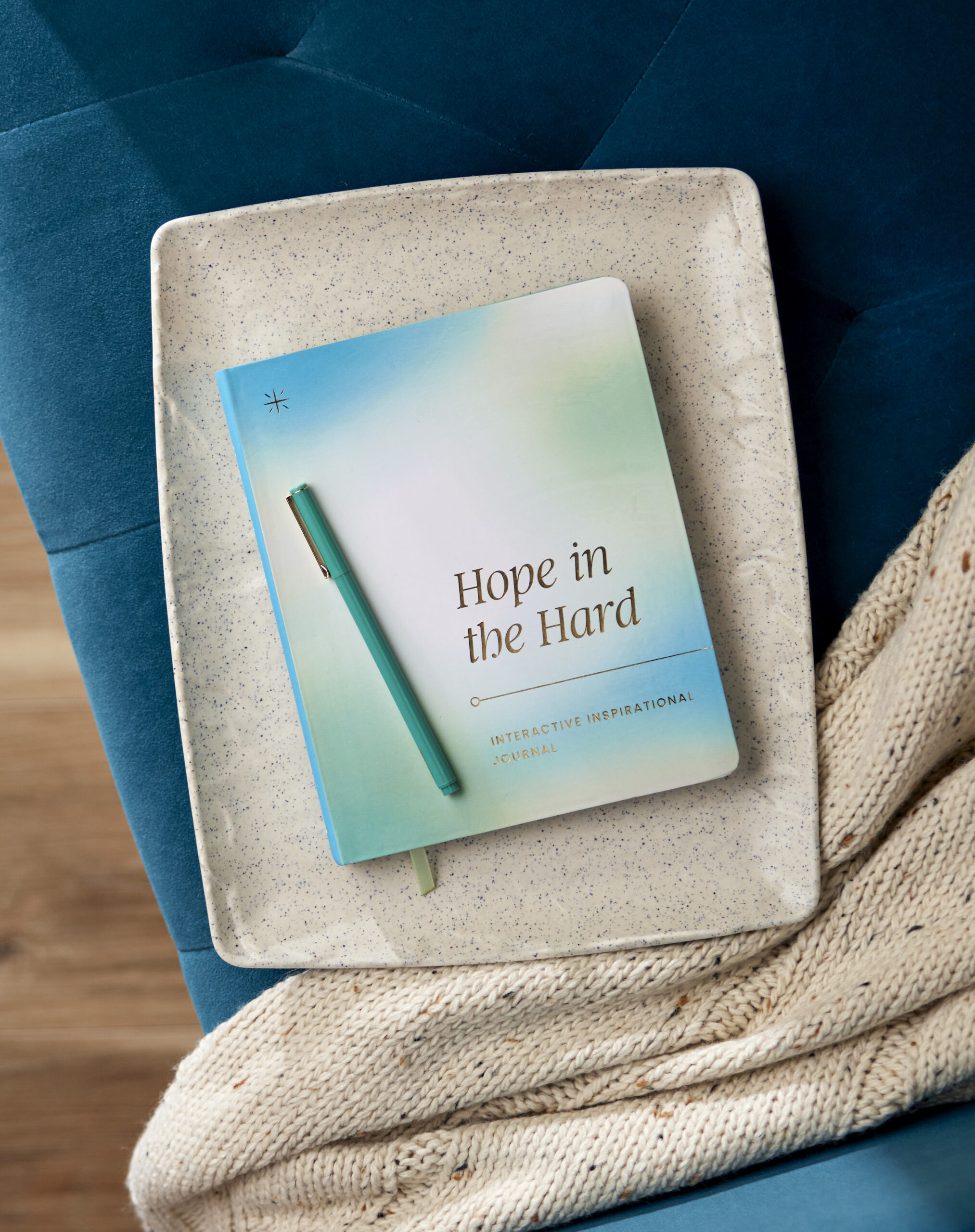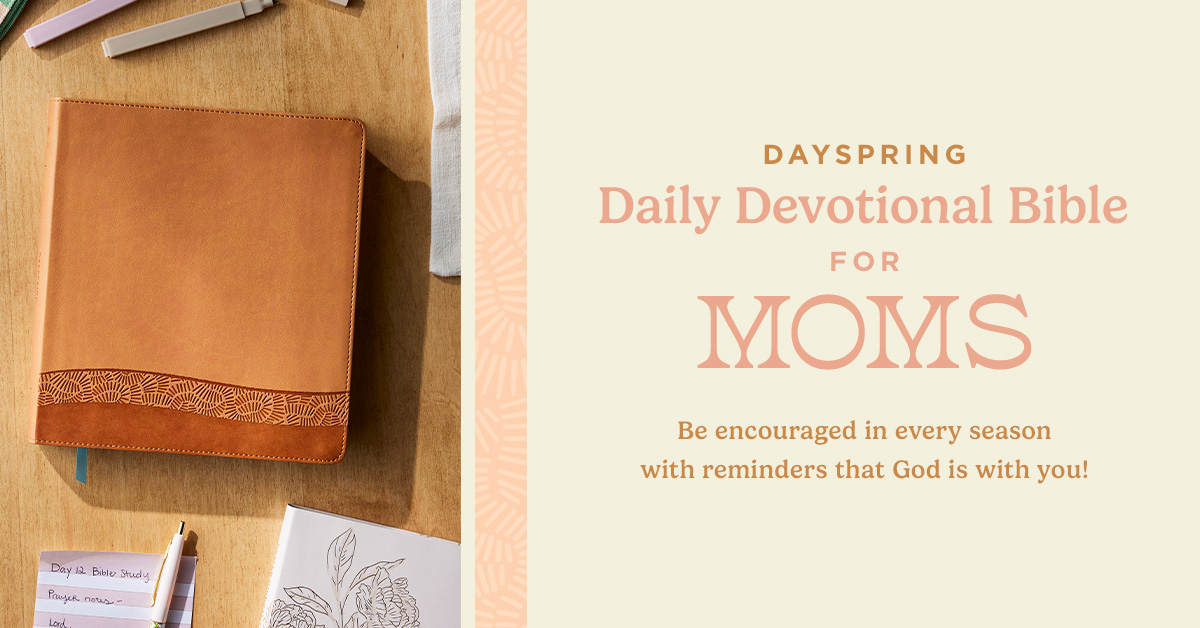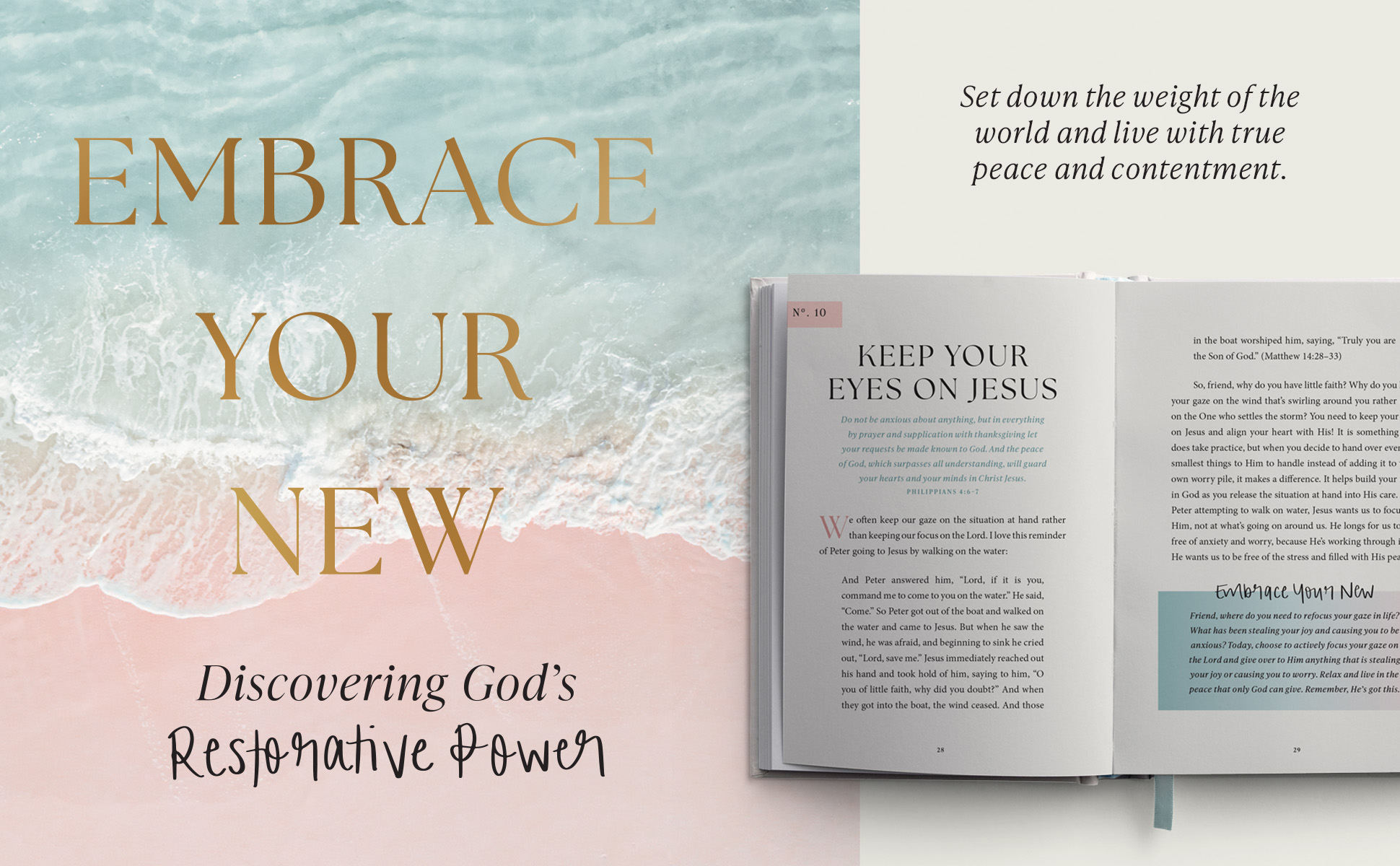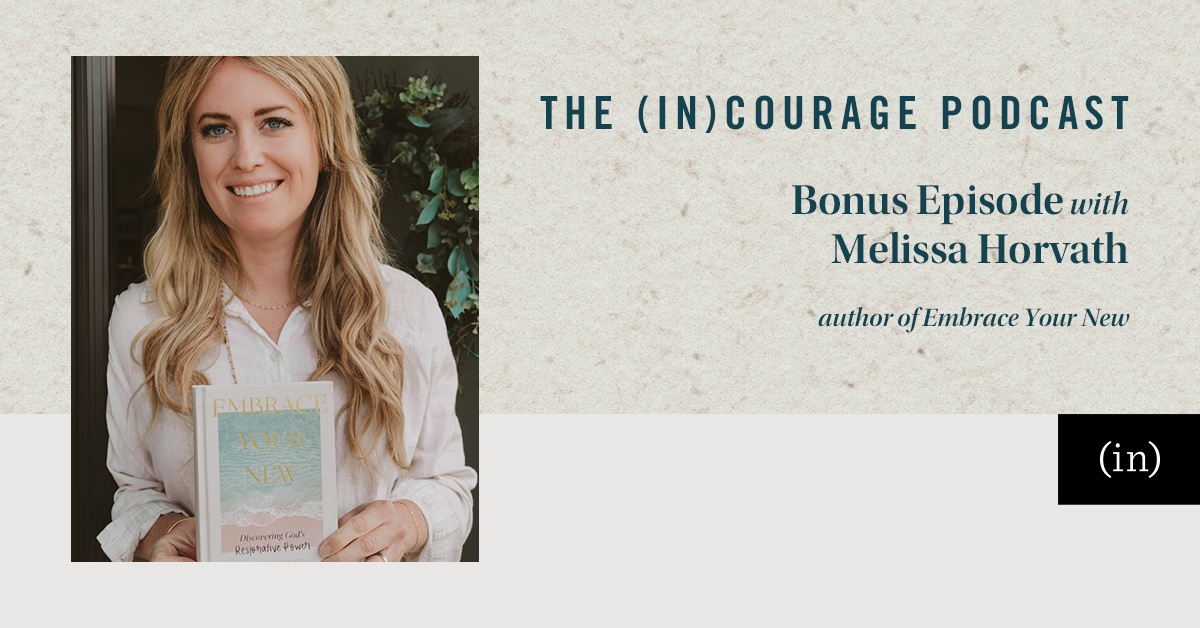There is an Icelandic phrase my husband and I say a lot — whether just between us or when encouraging others:
Andrúmsloftabreytari
Or, in English, atmosphere changer. My husband started using it frequently after we moved to Iceland, though it took us several months to realize the words weren’t actually grammatically correct in Icelandic. He was sharing the idea in a literal translation to convey what he meant.
But the idea holds. We want to be people who shift the atmosphere when we walk into a room. This may sound vague or lofty, but we know that this is the reality for those who know Christ and are known by Him. One of my favorite passages in Scripture is John 12:3, where Mary of Bethany anoints Jesus’ feet with her costly perfume, and the fragrance fills the room.
Or perhaps you relate more to Matthew 5:14-16, where the atmosphere is shifted through the light of Christ within us?
“You are the light of the world. A town built on a hill cannot be hidden. Neither do people light a lamp and put it under a bowl. Instead they put it on its stand, and it gives light to everyone in the house. In the same way, let your light shine before others, that they may see your good deeds and glorify your Father in heaven.” (NIV)
Yet as the years passed, this reality seemed hard to grasp when we made our move back to the States. Because hadn’t we been called to minister in Iceland? Had we failed in shining our light or releasing a sweet fragrance because we were in a different place? Was the call over, or was it paused for a moment?
But as we settled into a new season, we recognized that although the language and people had shifted, our conversations were familiar. People in Alabama were struggling with things similar to those in Iceland. Our interactions with those we ministered to weren’t so different despite a change in cultures and time zones.
My husband and I pondered what it meant to be called and what it meant to be assigned to something. Assignments could put us in different places and in different seasons. But the call didn’t have to shift, because it wasn’t just based on location. The call was what we carried.
That same desire to see the environment around us infused with the presence of Jesus didn’t go away because we moved from the Arctic North to the humid South. It didn’t change just because our roles shifted from varied international ministry to work within the local church. And the call surprisingly didn’t shift when we struggled for a few months, grasping to understand what God was doing.
The call isn’t just about what we do, but about who God has shaped us to be, and because of that, what He trusts us to carry.
Something about that feels much more vulnerable and free — and dare I say, bold.
From this perspective, I recognize that I don’t own anything, yet I carry something that’s been entrusted to me. I can be honest about what I don’t have and clear about what I do. And if God is trusting us to carry that something, He knows exactly how we are supposed to carry it out.
I recently spoke a message at my church about the chapter in Acts where Peter and John are asked for money from a lame man. They didn’t have what he asked for, but instead of letting that stop their ministry, they were open and honest and vulnerable and bold about what they did carry.
“Then Peter said, ‘Silver or gold I do not have, but what I do have I give you. In the name of Jesus Christ of Nazareth, walk.’ Taking him by the right hand, he helped him up, and instantly the man’s feet and ankles became strong.”
Acts 3:6-7 NIV
What a beautifully simple answer and powerful result. Something that we can apply to our own lives. Silver and gold I don’t have, but what I do have is… fill in the blank.
What has God given you to carry?
I jokingly said in my message that this response could even apply to our kids — because I know I’m not the only mom who gets asked a hundred times a day what’s for the next meal. How would my four children respond if I said, “Chicken nuggets and fries I do not have, but what I do have is spaghetti…”
I know this may be a silly way to look at that verse, but it is quite serious when it comes to living out the calling God has placed on our lives. There are many things that you and I don’t have. Maybe the call you thought was so certain turned out differently than you expected. Perhaps God is reminding you, like He did with me, that your call is not just about what you do, but about what you carry when you walk into the room.
Because of Jesus, you are an Atmosphere Changer. Andrúmsloftabreytari.
That phrase — born out of my husband’s imperfect words and shaped by years of life and ministry — has taken on a life of its own. It’s now spoken in churches in Iceland, not because our call was executed perfectly, but because we intentionally did our best to carry what God had entrusted to us into every room, every conversation, every season. It’s a reminder that what we bring — our faith, our courage, our presence — has the power to shift the atmosphere around us.
What about you? What do you carry when you walk into a room? And how might God want you to steward it today?







